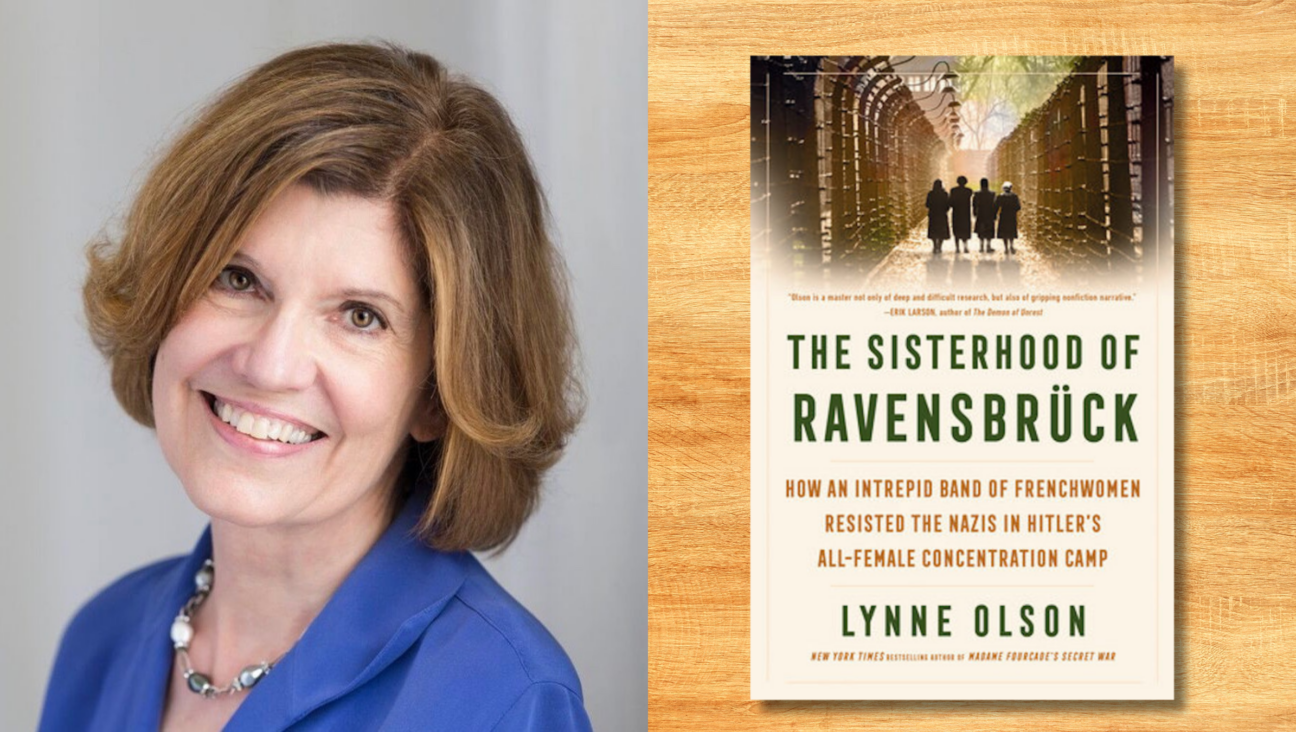The Author as Therapist for her Characters

Graphic by Angelie Zaslavsky
Literature is in Zeruya Shalev’s genes. Born in Kvutzat Kinneret in 1959 — a kibbutz by the shores of the Galilee where the songwriter Naomi Shemer was also born — Shalev grew up with a father who was a literary critic and an uncle who was a poet. Her cousin is the acclaimed novelist Meir Shalev, author of “The Blue Mountain” and “Four Meals.” Her husband, the writer Eyal Megged, is himself the scion of writers Eda Zoritte and Aharon Megged.
Writing, then, for Zeruya Shalev was practically predestined. “Encounters with pain and sorrow made me want to write. When I was 6, I was already writing sad poems about cats and dogs that had been killed and soldiers that were dying in war,” Shalev said at a recent event at London’s Jewish Book Week. “It’s in my DNA.” During the Six Day War, she composed poetry while cocooned in the bunker at Kvutzat Kinneret, verse that she still remembers to this day.
After failing in her training to be a therapist while conducting her military service, Shalev sees now that her career is to be “a therapist for literary figures. Normally the characters I create are busy in some sort of crisis and, as a literary therapist, it is my job to help them overcome it.”
Rather, the therapy is for the characters and also those who pick up her novels and read them. “The job of literature is to change the reader’s soul,” Shalev said. “I don’t want my readers just to enjoy themselves. I want them to go through some sort of experience that might change themselves.” Her previous novels — “Love Life,” “Husband and Wife” and “Thera” — have dealt with lust and romance, relationships, the trials and strains of marriage, and divorce.
Her latest novel “The Remains of Love,” published in the United States in December of last year, takes as its subject the prospect of death. Hemda Horowitz, nearing the end of her days, reflects upon her traumatic childhood on the kibbutz and the influence of her father who, invested in his work and the project of the kibbutz, had a parenting style that was stern and disciplined.
The narratives of her children, Dina and Avner, weave between Hemda’s. Dina, her eldest, born in tragic circumstances, became the child she believes she did not love enough, a mutual feeling that informs Dina’s relationship with her own daughter, Nitzan. Avner, a human rights lawyer and Hemda’s favoured child and only son, is also distant from his mother and unhappy in marriage.
While reviewers have sought to uncover or attribute themes in her book pertaining to the kibbutz or even the displacement of Palestinian Arabs during the War of Independence, Shalev says that the purpose of the book is to show how the impending passing of a family member causes one to be borne back into the past, ask whether it is possible to make a decent end, and consider whether is indeed possible to look upon one’s own death with a steady eye.
“At the time I began to think about writing this book, I was taking care of my own mother, and I started to become very interested in older people,” Shalev said. Spending time in care facilities and hospitals, she was drawn to “try and imagine what the older people were thinking about, what they wanted to leave behind, how they would summarize their lives, and whether it was too late to change anything.” Her imagined answers to these questions informed the character of Hemda.
“Writing is not therapy for me” Shalev insisted, referring specifically to a time in 2004 when, returning to her home in Jerusalem, she was injured by a bomb which exploded in a passing bus. Although she was confined to bed for six months, only when she recovered and returned to her desk did she write again, and even then not about the terror attack and its effects.
While “The Remains of Love” draws on the character and shape of the kibbutz, the curse of the Israeli novelist is to be continually examined through the lens of ha’matsav, or “the situation.” All novels must be about the conflict with the Palestinians, and when they aren’t, it is somehow an act of moral pusillanimity on the part of the author. “If I wrote a story about a mother, a father and their daughter,” Amos Oz has said, “a critic would say that the father represents the government, the mother, the old values, and the daughter the shattered economy.”
When your task as a novelist, Shalev said, is “creating an intimate drama in the midst of a larger, ongoing drama, you have to adapt to strange symbolic interpretations of your work, often simple interpretations.” Politics, she added, is “rude and vulgar” and not something suited to the novel in that way. “You can feel the extremeness of Israeli society and life in my books without it being explicit. I only look for the individual experienced and give a taste of the complexity of life in Israel.”
“Literature is too dear to me,” she concluded, “to make it dirty with politics.”























